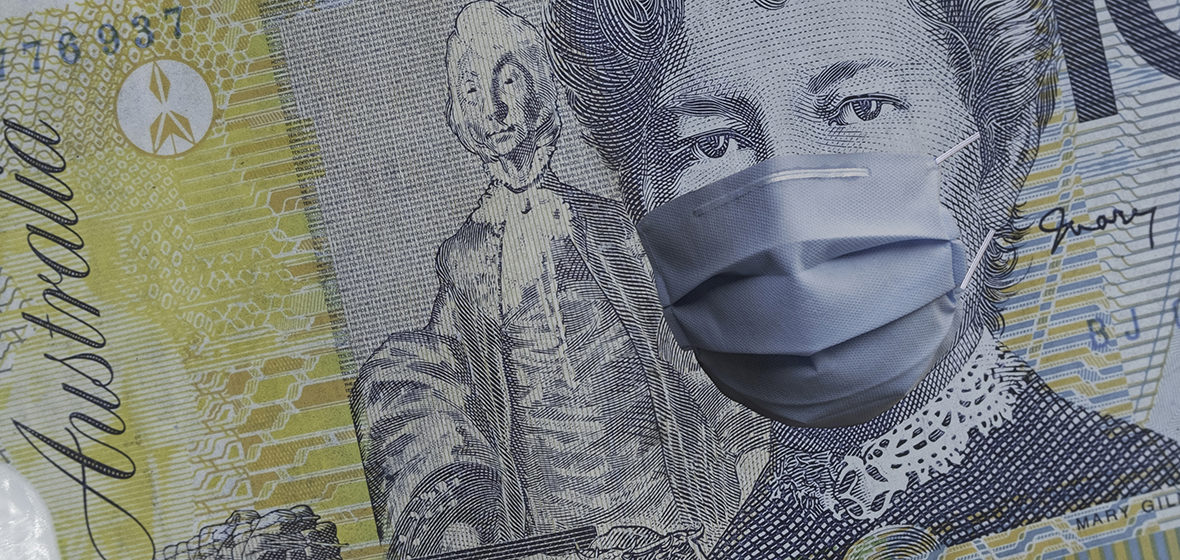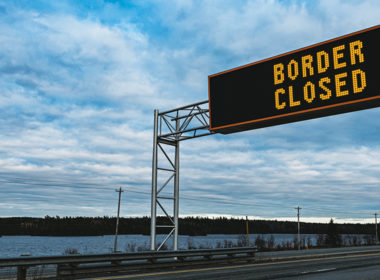Snapshot
- On 25 June 2021, the High Court of Australia refused two insurers special leave to appeal the decision of the NSW Court of Appeal in HDI Global Specialty SE v Wonkana No 3 Pty Ltd [2020] NSWCA 296 (‘the first test case’).
- The NSW Court of Appeal unanimously held that insurers could not rely on an exclusion clause contained in certain policies to refuse indemnity for business interruption claims arising out of the COVID-19 pandemic.
- The first test case does not mandate a blanket approach to policy coverage for all business interruption claims. Each will turn on the language of each policy wording and the circumstances of each claim.
- Insurers have sought further judicial guidance on a number of other matters affecting the operation of business interruption policies in the context of COVID-19 in a second test case, due to be heard by the Federal Court later this year.
In HDI Global Specialty SE v Wonkana No 3 Pty Ltd [2020] NSWCA 296 (‘the first test case’), HDI Global and the Hollard Insurance Company Pty Ltd (‘the insurers’) issued policies to a tourist park business and a retail business (‘the insureds’) during the respective policy periods of 28 February 2020 – 28 February 2021 and 11 May 2019 – 11 May 2020 (‘the policies’). The policies extended cover for business interruption caused by the outbreak of an infectious or contagious human disease occurring within a 20 kilometre radius of the business premises.
The HDI policy contained an exclusion to such cover for: ‘Highly Pathogenic Avian Influenza in Humans’ or other diseases declared to be quarantinable diseases under the Quarantine Act 1908 and subsequent amendments’. The Hollard policy exclusion was written in almost identical terms.
The Quarantine Act 1908 (Cth) (‘the Quarantine Act’) was repealed in 2016 and replaced with the Biosecurity Act 2015 (Cth) (‘the Biosecurity Act’). The Biosecurity Act does not require declarations of ‘quarantinable diseases’, but rather contains ‘listed human diseases’. The policies did not refer to the Biosecurity Act.
On 21 January 2020, ‘human coronavirus with pandemic potential’ was included as a listed human disease under the Biosecurity Act. It was never declared a quarantinable disease under the Quarantine Act, given its repealed status.
The insureds sought cover under their policies for business interruption during COVID-19. The insurers refused indemnity to the insureds, relying on the Quarantine Act exclusion.
With the endorsement of the Insurance Council of Australia (‘ICA’) and the Australian Financial Complaints Authority (‘AFCA’), insurers subsequently sought a declaration from the Supreme Court of NSW that the contractual words ‘declared to be a quarantinable disease under the Quarantine Act and subsequent amendments’ are properly to be read as ‘determined to be listed human diseases under the Biosecurity Act.’ This was the first test case.




